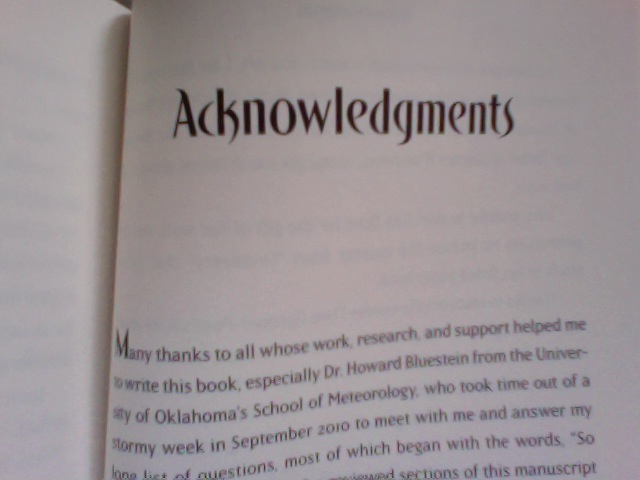 I learned something recently that I thought I’d share…because it saved me from doing something nice that could have turned into something uncomfortable.
I learned something recently that I thought I’d share…because it saved me from doing something nice that could have turned into something uncomfortable.
If you’ve ever finished a novel and gone on to read the acknowledgments pages in the back, you know that authors are frequently thankful to lots of people. We thank our editors and agents, our copy editors, publicists and cover designers. We thank experts who helped with research and gatekeepers who may have granted access to research opportunities. We thank our partners and friends and writing buddies, and sometimes, we thank booksellers, teachers, and librarians who have been champions of our work. And all of that is lovely, but…
An acknowledgment in the back of a book is different from a quiet thank you note that arrives in a mailbox. It’s a very public thank you, and in some situations, it might not be comfortable for the person being thanked.
A museum employee or zookeeper who granted unusual access to records or an exhibit, for example, may have bent some rules in doing so. A public thank you could make for an awkward conversation with that person’s boss.
A teacher or librarian who enjoys an author’s work might be delighted to see his or her name in the back of a book. But what if that reader wants to be on a state or national awards committee and the author’s book shows up in the pile of titles to be discussed? Suddenly, having that public thank you in the book is awkward at best and at worst, could create pressure for the person to resign from a great opportunity.
I’ll be honest – I wouldn’t have thought of any of this until a friend brought it to my attention recently. Because what could be wrong with saying thanks? Nothing…as long as the person has a heads up.
Here’s what I’m going to do from now on… There are certain people I know are happy to be thanked – my critique partners, my agent and editor, my family. But for others– individuals who have helped along the way by assisting with research or spreading the word about my books – I’ve decided it’s probably best to fire off a quick note first. Something like this…
Dear awesome person,
I wanted to drop you a note to say thanks again for (awesome things that you did). If it’s okay with you, I’d like to say a more public thank you by including your name in the acknowledgments for (title of book that is awesome because of you). Please let me know if that’s all right, and even if it’s not, know that I’m so very grateful for your help.
Best,
~Kate
So I’m curious now. How do other writers handle acknowledgments? I’d love to hear your thoughts in comments!

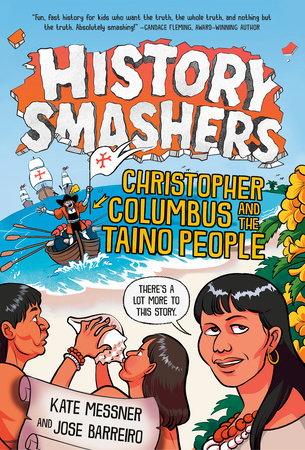
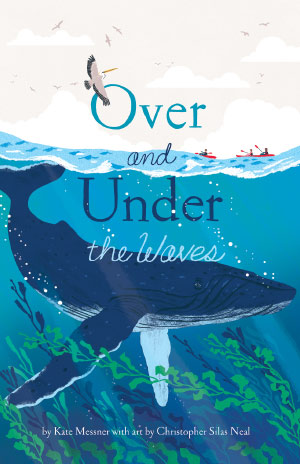
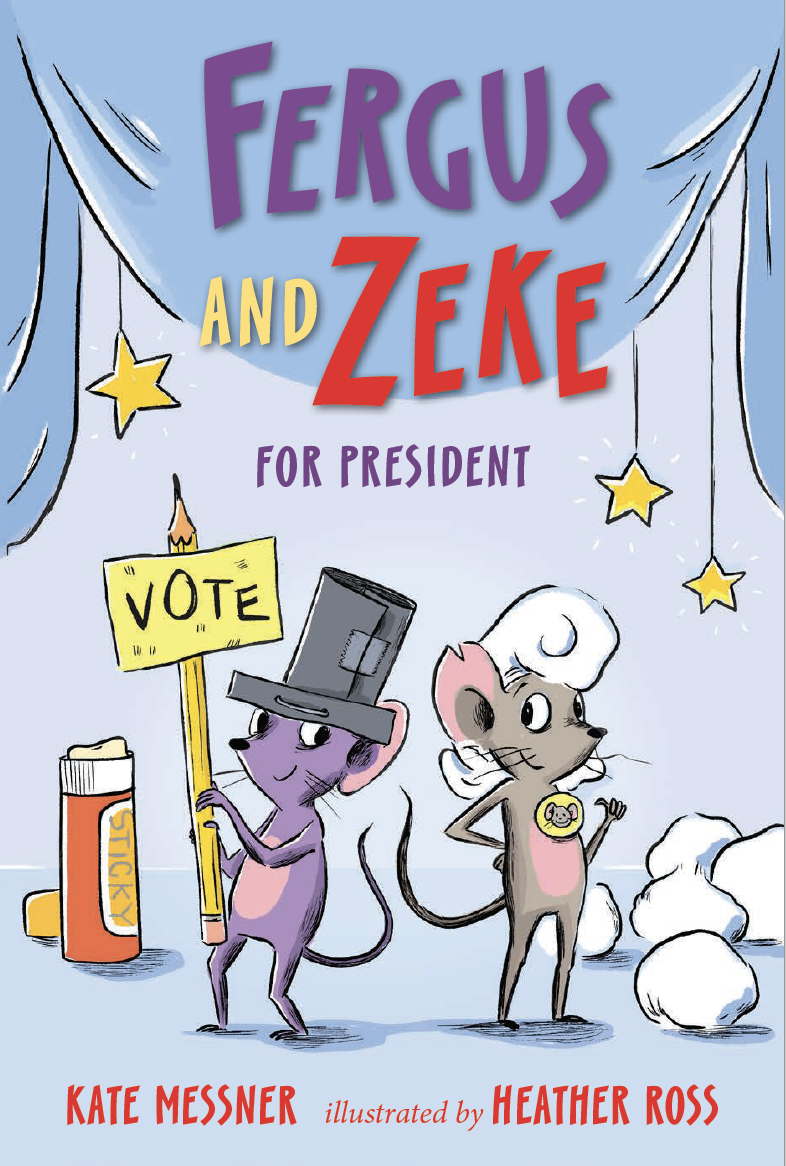
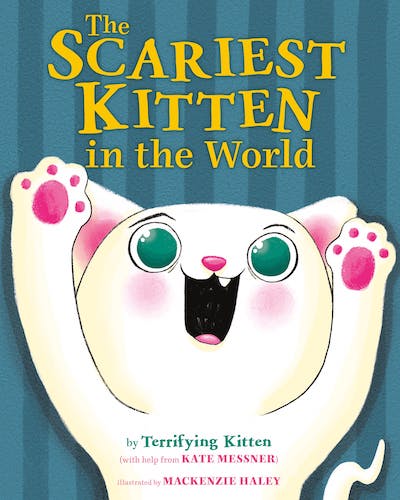
I never even thought about these things, Kate, but they make a lot of sense. I’ve only got the one book, and I thanked a huge, teetering stack of people, but I don’t THINK any of them would be compromised by it. I intend to keep this post in mind if I get another opportunity to write acknowledgments, however. Thanks!
In all honesty, it had never occurred to me before this recent conversation either, but I thought it was eye-opening enough that I wanted to share.
Whoa. I never considered how publicly thanking someone in my books might compromise them professionally. Going to take your advice from now (book 5) on… Thanks, Kate!
Oh good! I’m glad this was helpful – I know I appreciated the person who brought it to my attention, too.
Kate, this is a thought-provoking post. Honestly, I had not considered how acknowledgements could be uncomfortable or awkward. I sure will think differently now, though. Great suggestion about getting the go-ahead.
Thanks, Gigi! It’s not something I’d considered before either.
Great perspective!
Who would have thought that publicly thanking could be problematic.
Will bookmark this for future use.
Glad it was helpful!
Interesting post! I was on the fence about who to include in the acknowledgements for my debut. I was worried that I’d embarrass them if the book got panned (It hasn’t yet. Phew!). I also wanted to thank an editor friend from another house who was very supportive, but I wasn’t sure if that was kosher. It all worked out, but in the future I think I’ll use your note for anyone outside of the immediate book circle.
Oh, that’s another great example of a situation that could be tricky – but I do think touching base with that editor friend will let you know for sure if it’s a comfortable thing.
So true! I’m so glad I asked our Little League coach if I could thank him in the acknowledgments–he’s a lawyer!
He’s one of those you ESPECIALLY want to check with first. 🙂
Such an interesting topic. Thanks for sharing, Kate.
🙂
I never thought about this either. Great post!
Thanks, Pam – I hadn’t thought about it before until this recent conversation. Glad it was helpful!
One of the people I’d probably thank is a children”s librarian who very well might be affected the way you mentioned. Thanks for the heads up!
You are welcome – glad it was helpful!
I had this come up once. My decision was to go with initials, so he got the public thank you, but some privacy, too.
Oh, that’s a great ideas, too – thanks!
Wow, never even thought about that. I’m working on my ack. right now. Thanks for the post!
You’re welcome – glad it was helpful!
Thought-provoking and most helpful, as always, Kate! Aloha!
Thanks, Margo!
Hadn’t thought of any of that before. I pretty much thanked everyone I’d ever met. Hopefully they’re all okay with that.
Great post, Kate!
I think MOST people are happy to be thanked, but I know there are just a few situations where it could be sticky – I figure better safe than sorry.
Timely post! As I just recently wrote a couple dedications and thanks in two upcoming books. Thanks for sharing your wisdom!
You’re welcome – I’m glad it was helpful!
Good point. I’m not yet published, so I never had to write an acknowledgment page, but it’s good to keep in mind. Thanks for this post!
Whenever I think about who I should include once my book is published, I’m concerned about forgetting to mention someone that helped me. This can also be a problem, right? Someone who expects to be in the acknowledgments but who’s not?
I worry about forgetting someone every single time. And I’m sure I have. My acks pages tend to be pretty short, the usual suspects (agent, editor, copyeditors, cover designer, kids, husband…).
I worry about this, too, but I don’t know that anyone really expects to be thanked – so I suspect this is more a writer-worry than an actual issue.
Great post and something to think about. Because my first book was about hoarding and family secrets, I was really aware of this issue and made sure that the people who shared their stories with me were okay with having their names in the back of my book. I hadn’t thought about the awards issue though – going to pass this one around!
That’s understandable with DIRTY LITTLE SECRETS (such a great book, by the way!) Glad this post was helpful.
One of my CPs felt she couldn’t write a review on Amazon or Goodreads for me because I’d mentioned her in the acknowledgments.
Thanks for this, Kate.
Interesting – I wouldn’t have thought of that either.
Wow, Kate–another writer here who’d never even thought about this. I’d like to publicly thank you for bringing this to my attention. If that’s okay. 🙂
Shhh!! Thank me quietly instead. (You’re good at that, right? ; )
Thanks for your thoughtful take on a deceivingly simple yet important element in book publishing, Kate. I will certainly keep in mind for future books ;-)!
Thanks, Edna – glad it was helpful!
Oh, you can thank me anytime, Kate. (Kidding!)
Yes, I did think about this, just as I tend to over-mull over everything. You make all the excellent points I thought of and many more. I never even considered the librarian on an awards committee (too much to wish for?) or the employee who bended rules. I just know some people are not public, and don’t want to be.
What others said^, great post.
Thanks, Mirka!
Very thoughtful and helpful, Kate. Thanks:)
I’m glad it was helpful, Mima – thanks!
Nice reminders, Kate. Truth is I try to never mention another person’s name in this manner or similar manners without their permission.
I think some people are way ahead of me on this – it truly hadn’t occurred to me before recently. Thanks!
I’m so glad there are smarter people than me that I can learn so much from! Thanks!
(And I will turn around and thank the smarter-than-me person who brought this issue to my attention recently, too!)
Thanks Kate, this came at a perfect time. I’m currently drafting my acknowledgments page and realized after reading your post that there’s one person outside my immediate circle that may want that heads-up. THANK YOU!
Oh, good! I’m glad it helped you.
I love an author who wants to help other authors! Thank you, Kate for this sensitive and important post. May we all need to use your advice in the future.
Thanks, Carol!
This is a GREAT reminder! Thank you!
Thanks, Martha!
I come to this from both sides: as person who had to worry about this as a member of the 2008 Newbery Committee and as a forthcoming author.
ALA and ALSC, the two organizations that oversee many well-known awards (e.g. Newbery, Caldecott, Sibert) have very strict conflict of interest rules. And so it is very, very, very important to check in with anyone you wish to recognize who might be looking to serve on one of these committees. Recently an author did ask me about including me in her acknowledgements which I greatly appreciated. I was, frankly, terrified the year I was on Newbery that someone would acknowledge me, thinking it would be a fun surprise for me. It hadn’t been on my radar until that year when someone else had to step down from another committee for this. I had other problems too. I was working on a book and was told I had to withdraw it from the publisher (even though I didn’t yet have a contract) or the committee. Much later I was told I wouldn’t have had to, but at the time I suspended work on the project until my Committee work was done. (Unfortunate as this happened the summer before my Newbery year and I had planned to delve into the ms. Life events meant it took a few years till I got back to it.)
And now as I have a book out next year I had to write my own acknowledgements. Since there is limited space available for anything that is not the story and art I kept it very brief in order to maximize space for other back matter that I felt was important. However, I think it would have been brief even if more space had been available. I’ve worked on this book for over a decade, many people have supported me in it and if I started to name them all it would have gone on and on and on. I hope to perhaps do so on my blog, but not in the book. I think/hope they will understand.
Yup. “A teacher or librarian who enjoys an author’s work might be delighted to see his or her name in the back of a book. But what if that reader wants to be on a state or national awards committee and the author’s book shows up in the pile of titles to be discussed? Suddenly, having that public thank you in the book is awkward at best and at worst, could create pressure for the person to resign from a great opportunity.”